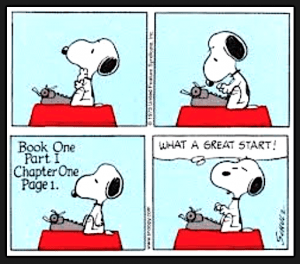My new thriller leans upon a short video presented by Apple when they launched the MacIntosh computer. The concept is far from new, but dramatic in presenting Big Brother in black and white, then shattering the conformity when an athlete hurls a hammer into the screen. Let’s take a minute to view this:
Big Brother is a fictional character and symbol in George Orwell‘s dystopian 1949 novel Nineteen Eighty-Four. He is ostensibly the leader of Oceania, a totalitarian state wherein the ruling party, Ingsoc, wields total power “for its own sake” over the inhabitants. In the society that Orwell describes, every citizen is under constant surveillance by the authorities. In modern culture, the term “Big Brother” has entered the lexicon as a synonym for abuse of government power, particularly in respect to civil liberties, often specifically related to mass surveillance. (source: Wikipedia). In my new novel, a group of talented underwater experts plan to turn the tide on a contemporary Big Brother through the most audacious heist ever.

 Some days the words just flow. Hundreds, maybe thousands of them in a rush. Some days you feel so high. Some days you laugh at your own funny parts, and cry at the sad ones. Some days you know that this book is The One.
Some days the words just flow. Hundreds, maybe thousands of them in a rush. Some days you feel so high. Some days you laugh at your own funny parts, and cry at the sad ones. Some days you know that this book is The One.